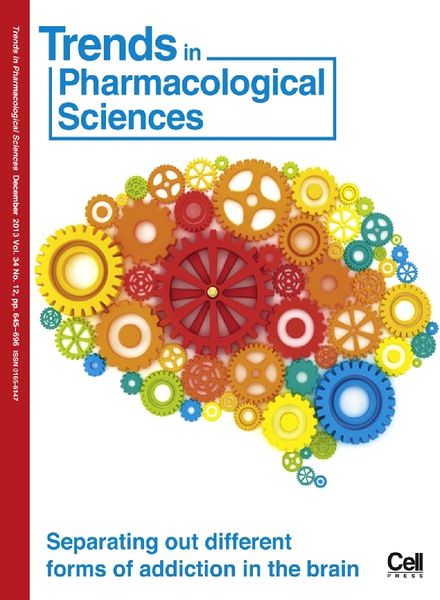“The cannabinoid receptors are upregulated in many types of cancers, including mantle cell lymphoma (MCL) and have been suggested to constitute novel therapeutic targets.
… the relative expression of the anandamide synthesizing and metabolizing enzymes in MCL is heavily perturbed.
This finding, together with high expression of cannabinoid receptors, could favor enhanced anandamide signaling and suggest that targeting the endocannabinoid system might be considered as part of lymphoma therapy.”
http://www.ncbi.nlm.nih.gov/pubmed/25594062
“We have previously shown that exposure of MCL cells to cannabinoids induces cell death in vitro and reduces tumor growth in xenograft mouse models… cancer tissues express higher levels of cannabinoid receptors than the non-malignant counterparts and the endocannabinoid system is therefore considered as a potential novel therapeutic target in cancer therapy.” http://www.ncbi.nlm.nih.gov/pmc/articles/PMC4278325/



1942-7611/asset/olalertbanner.jpg?v=1&s=4b27d6a6bed6b58a9935efe70e4f95efc39146bd)

